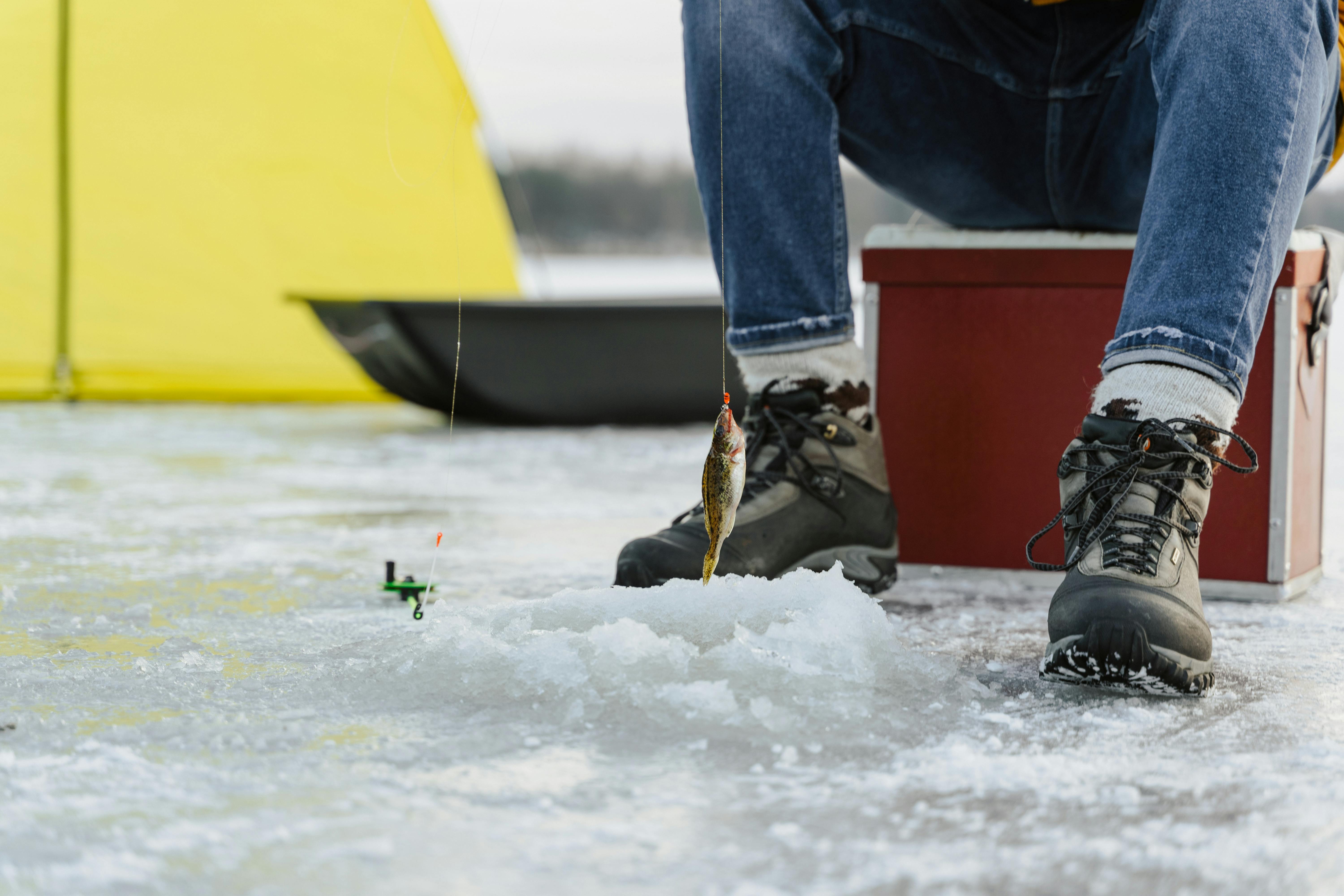
Don’t invite bacteria on vacation
admin
- 0
The holidays are a time to entertain guests with food and the holiday is one, but if you don’t store, prepare and cook your food correctly, you can end up with an unwanted guest: bacteria.
Improper food handling can cause your food to become a huge host of bacteria that can cause food poisoning and make you and your guests sick. Bacteria surrounds us every day, but you can’t smell, see or taste them, so make sure you prepare your food correctly so it doesn’t harbor harmful bacteria.
Proper food handling starts when you buy your food at the grocery store. You’ve probably seen meats in Styrofoam packages with the juices dripping. These juices can contain bacteria! You want to make sure you bag these meats on their own so the juices don’t contaminate your fruits and vegetables or even your hands. Be sure to leave the meats in the cart at the end of your trip so they are intended to be refrigerated for as short a time as possible. When you bring them home, pack them up first and put them in the fridge right away.
When preparing your food you should always wash your hands before and after touching any meat. Also keep in mind that raw meat juices can stain countertops and cutting boards, so be sure to wash them with an antibacterial cleaner after you’ve prepared the meat. If you are grilling and place raw meat on a plate to bring to the grill, do not use that same plate to bring cooked meat to the table, as it may contain harmful levels of bacteria from the raw meat. .
Believe it or not, we carry harmful organisms on our skin that can produce a toxin that would spread to food. While normal cooking kills bacteria, it doesn’t kill your skin, so this is another reason why it’s so important to wash your hands with soap and water before preparing any food.
Thawing can be a big problem. While it should be done in the refrigerator, most people get impatient and leave turkey or other meats out on the counter to thaw. This is a bad idea, as a turkey thawed on the counter instead of in the refrigerator can contain levels of bacteria high enough to harm humans. Since the rate of bacterial growth is accelerated between 40°F and 140°F, thawing it in the refrigerator can allow it to thaw in a controlled environment where bacterial growth has been reduced. Another method is to thaw in a sink full of water, but you must be careful to change the water at least every 45 minutes.
Once you’ve thawed your meat, you should cook it right away or put it in the fridge, but cook it within 24 hours. You should not refreeze the meat.
When it comes to cooking, you need to plan your meals in advance. It is not good to partially cook a turkey, put it in the refrigerator and then return it to the oven to complete cooking, this can cause a harmful level of bacteria to reside in the bird. Also, you can cook your meats to be rare or well done, but the turkey must be well done. Use a thermometer and keep it in the oven with a turkey so it doesn’t give a false reading. The thermometer should be placed in the innermost part of the turkey thigh and should read 170°F for the unstuffed bird to 180°F for the stuffing. Also, make sure the staffing is at least 165°F.
Many families like to sit around the dinner table talking and drinking coffee while snacking on turkey and other foods throughout the afternoon. However, this practice is not a good idea and you should place cooked food in the refrigerator within two hours to avoid the risk of illness.
Leftovers are great and you could probably eat them all week, but be sure to eat your turkey with gravy within a couple of days.
Preparing and cooking food correctly can ensure safe eating for everyone.

